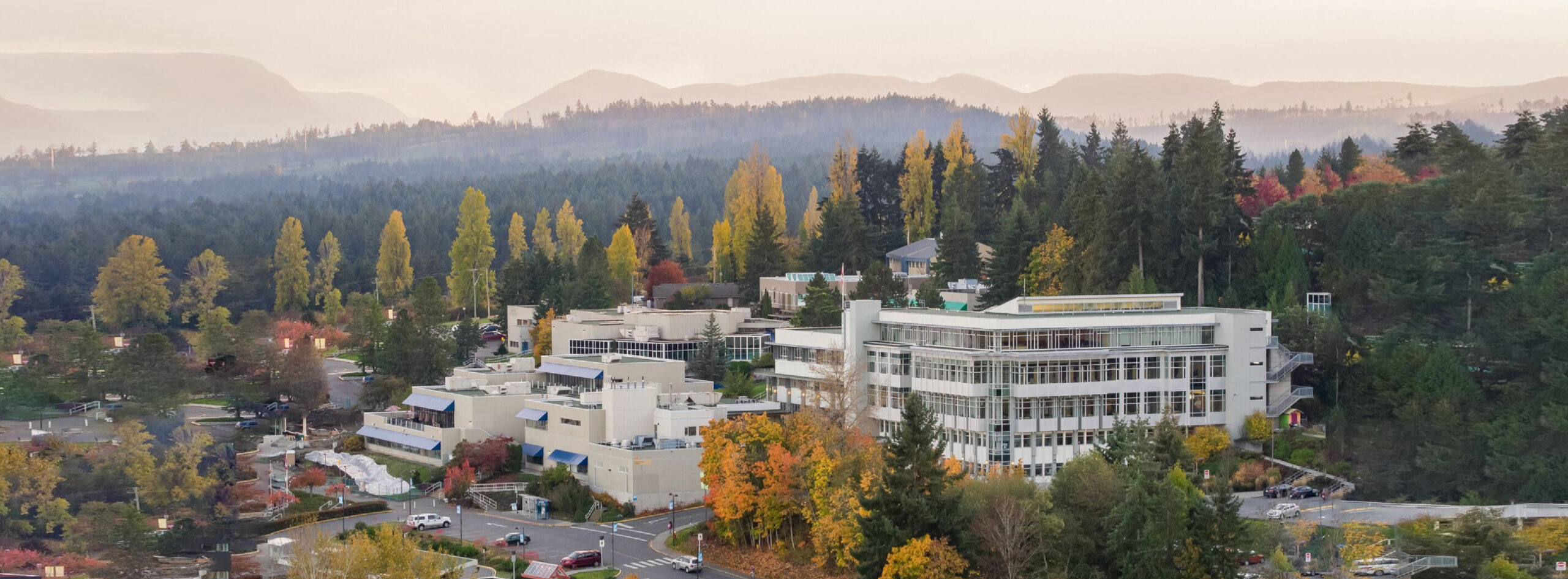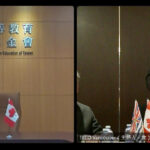VIU Creates Intercultural Connections and Opportunities in a Post-pandemic World
In its latest 10-year Labour Market Outlook (LMO), the Government of British Columbia forecasts more than one million job openings into the next decade. Nearly 80 percent of these future job openings will require some level of post-secondary education or training.
To fill those job openings over the next decade, the Government of British Columbia’s StrongerBC Economic Plan focuses on inclusive growth and clean growth. But meaningful reconciliation with Indigenous Peoples remains central to the plan.
What does this all mean for BC institutions? BCCIE spoke with representatives of Vancouver Island University (VIU) to learn how the institution is navigating and evolving in these post-pandemic times through an intercultural lens.
Creating a globally-minded approach
Carolyn Russell is VIU’s Associate Vice-President of International Education responsible for internationalization objectives, including embedding intercultural perspectives throughout the institution. The work she leads is an integrated part of VIU’s Strategic Plan 2021-2026: People Place Potential.
While newly arrived at VIU, Carolyn isn’t new to international education, with 25 years of experience across the post-secondary sector in BC. She sees opportunity in many aspects of her work. She’s energized by how VIU can serve students and think differently about global market opportunities post-COVID.
“VIU takes a globally-minded approach and perspective in all we do as an institution,” she said. “Global-mindedness is present in all aspects of our work, not only in the educational experience for all students, but how we serve our community and attract talent to our region.”
Thinking of the bigger picture, Carolyn considers the following:
“It is important for Canada to ensure that our international programs support our community needs, and international students make important contributions to this. However, there can be significant differences and learnings that new international students experience as they arrive to Canada and settle in our communities. How can we do a better job of helping international students understand and learn about Canada’s intercultural context as they explore their studies and career opportunities?”
“We don’t want them to lose who they are.”
One of the ways VIU strives to give students a fuller, more authentic experience is through Indigenous education and engagement. Sylvia Scow is the Interim Director of Indigenous Education and Engagement at VIU. She is from Liidlii Kue First Nations and is Dene. When she talks about the paths that eventually led to her joining VIU in 1996, Sylvia notes how as a young person, she never imagined working in post-secondary and being able to engage with students and Elders about Indigenous history and culture.
“Working with the ‘su’luqw’a’ Community Cousins and Elders-in-Residence, it’s like you get a teaching that nobody else gets,” said Sylvia. “It’s hard to describe, but it’s one of those things where you really feel like it’s such a gift.”
The ‘su’luqw’a’ Community Cousins that Sylvia references is an Aboriginal peer mentorship and support program at VIU. Since 2011 the program aims to recognize and celebrate where Indigenous students come from and encourage them to be the best versions of themselves. Students train for mentorship and leadership opportunities and are hired at summer camps to pass their learnings and reflections to grade 8-12 students. ‘su’luqw’a’ recently celebrated its 10-year anniversary.
VIU currently has nine Elders-in-Residence and there are Elders on all three campuses, including Nanaimo, Cowichan and Powell River. The Elders are considered faculty: in 2015, a Letter of Agreement was signed recognizing the Elders as faculty and equivalent to instructors. Their lived experience and the knowledge they bring into the academy are valuable.
When asked how VIU’s Indigenous community intersects with international students, Sylvia discussed how a collaboration with VIU’s International Education and the Centre of Innovation and Excellence brought together students who were representatives of international, Indigenous and domestic areas. From September to March, the students meet and have conversations on Truth & Reconciliation (T&R), culminating in a visit to Victoria where they attend a national T&R conference. The structure, connections and dialogue that result from the student program have had an indelible impact on many of its participants.
“Any time we can have connections with students and have an understanding about different ways of knowing and being is a good thing,” Sylvia explained. “International students often leave themselves and who they are back home when they are here, and Indigenous students come from small communities. We don’t want them to lose who they are because they’re coming to an educational institution. They have to stay true to who they are.”
Links:
- Bannock & Naan Culture Night
- All Nations Reggae Showcase, featuring student and community leader Patrick Aleck (Xwaluputhut) with Clinton Fearon, Saritah and Yellowsky
- VIU Cultural Connections (videos)
- VIU Cultural Connections (calendar of events)



